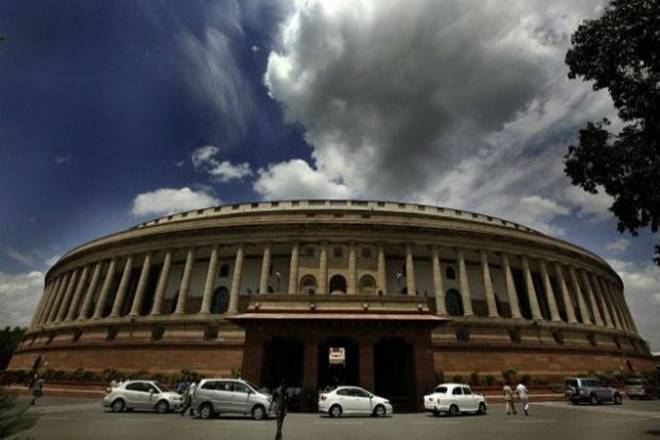The discussion is so much about decimal points in the fiscal deficit. It is important. Taxes and farm support are important. But in a sense, these are secondary. Something that as a country, we (Indians) need to be concerned about is administrative reform. Our rules, regulations, procedures, delays, permits, forms, approvals, no objection certificates (NOCs), bureaucratic paraphernalia — all these need to be addressed on a war footing. Constraints on our growth are largely self-imposed.
A talented, hard-working, sober and gradually more educated population can and will automatically do better. Between 1945 and now, Britain has drastically reformed its civil service more than once. We have only made our ‘system’ more complex, more citizen-unfriendly.
The recent use of technology to create a direct interface with citizens and attempts to defang the middlemen bureaucrats is a good first step.
There is another step that I would like to highlight. It is particularly relevant today as so much focus on the fiscal deficit has incentivised the Indian government to chronically delay payments to suppliers, vendors, contractors, service providers and a host of franchisees.
The economist Indira Rajaraman (former professor at Indian Institute of Management, Bangalore, and member of the 13th Finance Commission) has drawn our attention to extraordinary sclerosis that exists in our economy simply because of delayed and disputed payments which then lead to a chain of delays squeezing cash flows of enterprises, unsustainable leverage levels and ultimately devastatingly impacting economic activity.
Hence a range of suggestions, not necessarily connected to the Union Budget, but which might cause a one-time blowing up of the fiscal deficit target, are, therefore, relevant on a day like this, when the last and final budget for this government is presented.
Firstly, at least the central government clears all arrears of payments, subsidies, supports, dues. In other words, go for a zero accounts payable option.
Secondly, stop all appeals for taxes beyond the tribunal level and pay out all dues and refunds immediately. Thirdly, stop all appeals of arbitration awards that go against the government and pay up forthwith. This will result in a one-time massive increase to the fiscal deficit (which currently stands at 3.4% and is projected to be the same next year). But we need to think of this as a one-shot balance sheet stock adjustment, not an income statement matter dealing with flows.
By eliminating this quixotic charade of meeting deficit targets by not paying one’s dues, we improve the credibility of the nation’s finances and financial system with lenders, analysts, bond-holders and rating agencies. And by the way, it will make it easier to meet annual flow targets in the future. This does not require a formal parliamentary budget. A Cabinet decision will do.
But the decision must be enforced.
If tax officers do not withdraw appeals, do not process refunds, if departments and agencies continue sitting on payments, if the endless appeal process is not curtailed, despite a cabinet decision, then that won’t help. For what it is worth, a different thought on a day where otherwise all talk is about deficit targets and when one must admit that at least on other matters, there is certainly a modicum of modest happiness and relief.Expectedly, rural India and sustainable agriculture found a prominent place, as India races
to become a $10-trillion economy.
Will the Budget solve all woes of farmers? Certainly not. Reforms and structural changes are a continuous process and more needs to be done.
-The author is Mumbai-based entrepreneur; founder and former CEO of MphasiS


